Science
Taking control of your drinking starts with understanding how your brain and body work.
There are 3 key pillars
Psychology
Physiology
Community

Psychology
It all comes down to the habit loop:
Cue
A trigger that sets off the habit, like feeling stressed.
Routine
The behavior itself, such as reaching for a drink.
Reward
The dopamine reward, like temporary relief.
In addiction, this loop becomes a powerful cycle.
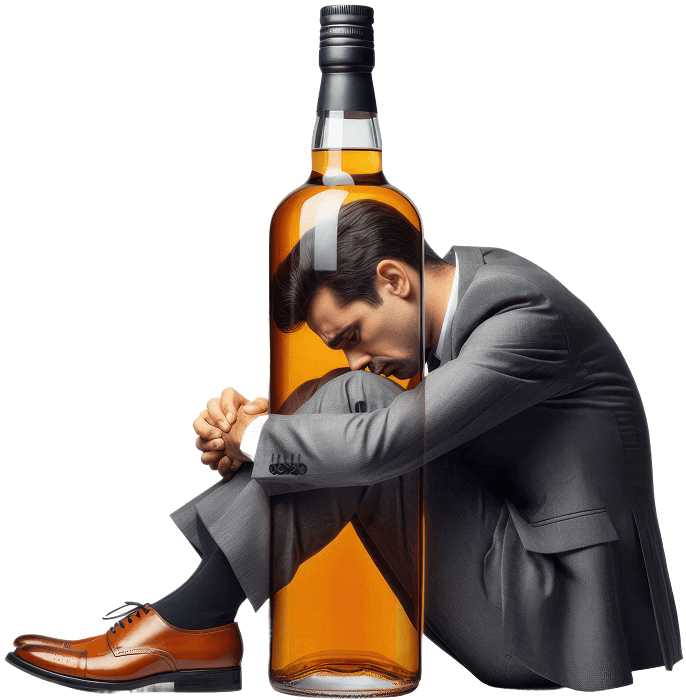
Drinking becomes the routine, and your brain craves the dopamine reward it provides.
To break free, identify your triggers and swap in healthier routines.
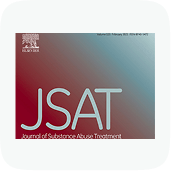
Research confirms understanding & modifying habit loops is key to overcoming addiction
Journal of Substance Abuse Treatment
Soob uses the latest behavioral exercises to break your negative mental patters & give you control.
Physiology
Your brain uses neurotransmitters to send messages. They play a key role in your drinking:
Dopamine
Alcohol floods your brain with dopamine, making it feel rewarding thus driving cravings [NIH - NIDA].
Serotonin
Low levels can make you feel down, pushing you toward alcohol to cope.
GABA
Calms you down. Alcohol boosts GABA, which is why you feel relaxed, but your brain adjusts, needing more to get the same effect.
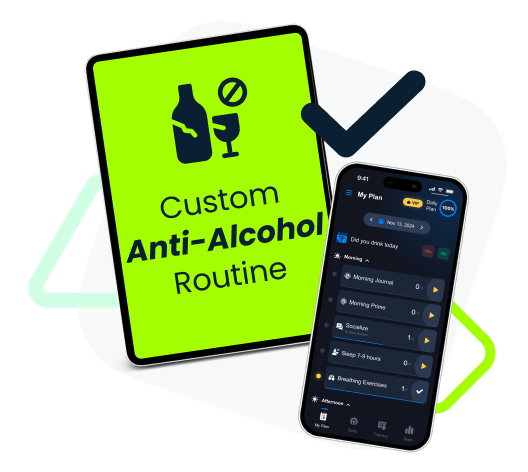
Your custom Alcohol Control Routine with Soob will help you manage these powerful chemicals
Plus we will focus on Detox
When you stop drinking, your liver steps in to detoxify your body.
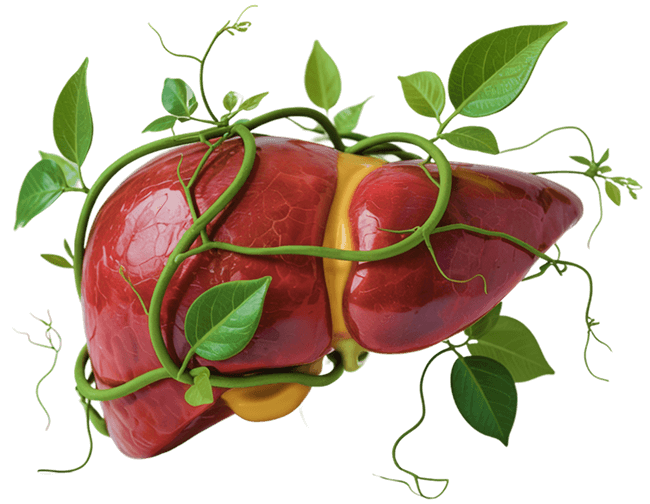
6-12 hours:
Withdrawal starts - think anxiety or shakiness.
24-48 hours:
Symptoms peak, possibly with sweating or nausea.
Up to 1 week:
Acute symptoms fade, but recovery continues [WHO].
Detox is just the beginning - your body needs time and support to heal fully.
Community
Recovery isn’t a solo journey. A strong community can lift you up when things get tough:

The World Health Organization highlights how vital community support is for lasting recovery
Join our private facebook group of people motivated to take control
Support each other and grow together
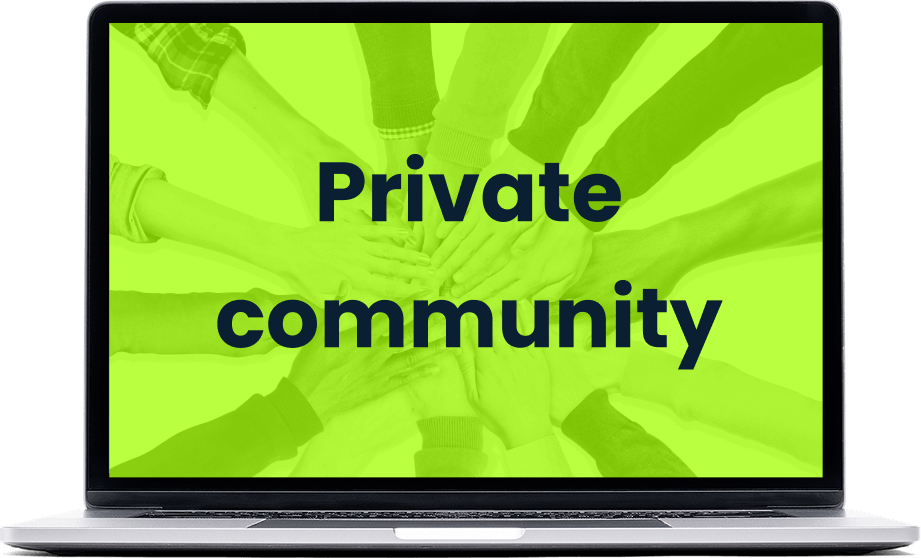
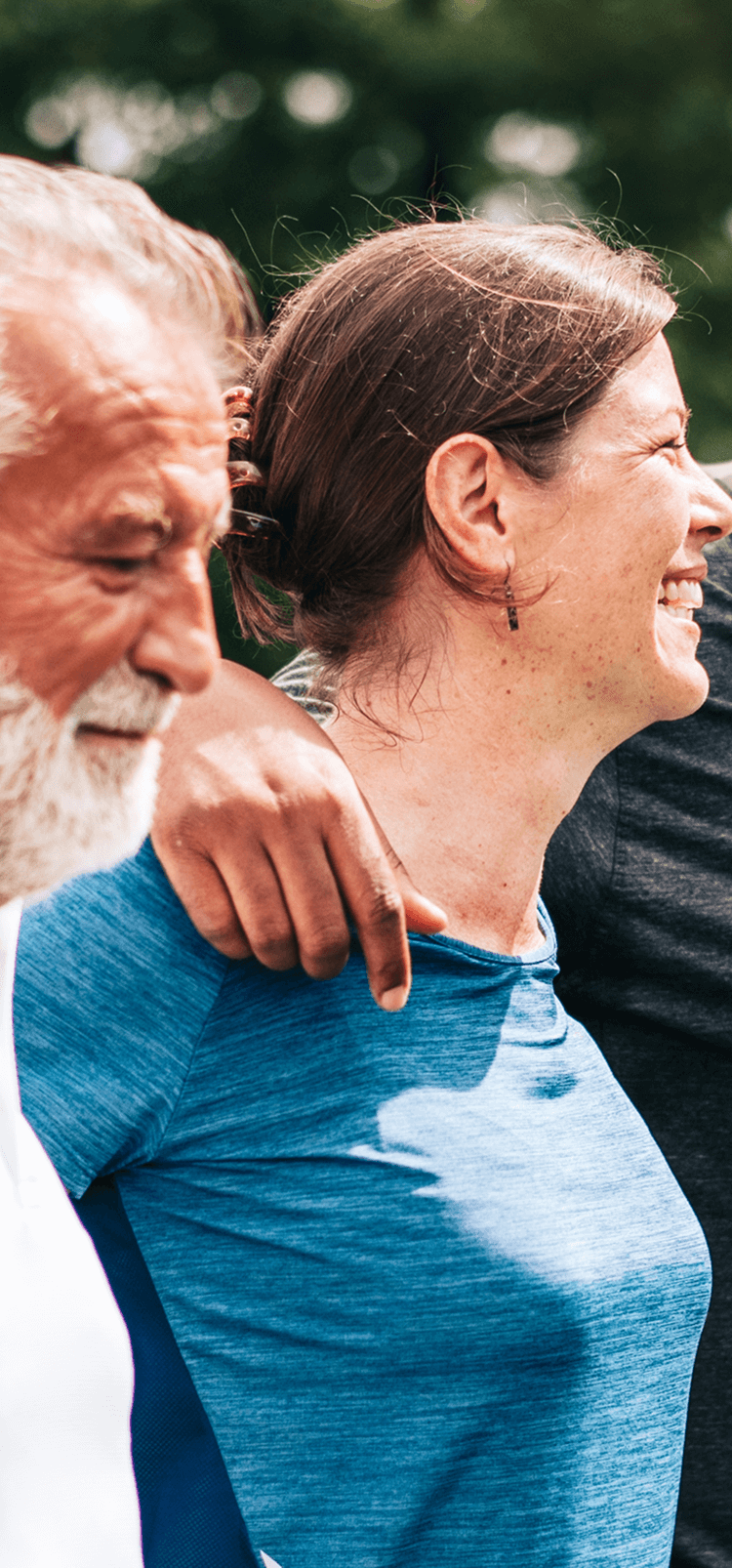
Asking for help isn’t weakness - it’s a powerful step forward.
